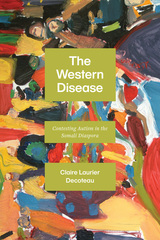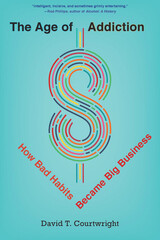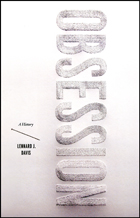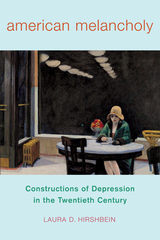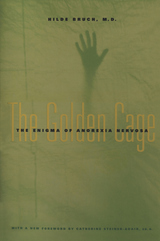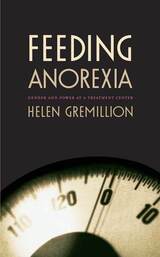Cloth: 978-0-674-80815-7
Library of Congress Classification RC537.J26 1991
Dewey Decimal Classification 616.85270082
Dana Crowley Jack offers startling new insights into the roots of female depression as she illuminates why women are far more likely than men to suffer major depression in adulthood. Silencing the Self is the first sweeping overview of depression in women that draws on new understandings of the importance of relationships in women’s lives. Attending closely to what depressed women have to say about their lives, Jack reframes major concepts of depression, freeing them from traditional models that have restricted our ability to listen to women’s perspectives on depression.
Jack weaves these voices of depressed women directly into her discussion, providing new meanings to familiar themes: dependence, pleasing, anger, goodness, low self-esteem. These women clearly articulate a no-win, either/or tension in their lives, a tension between sacrificing their own needs in order to preserve a relationship and acting on their needs and feelings at the risk of losing the relationship. Their stories bring to light the “activity required to be passive”—the way women actively silence themselves in order to cultivate and maintain intimate relationships. To accommodate, they learn to censor themselves, to devalue their experience, to repress anger, to be silent. Examining moral themes in depressed women’s narratives, Jack demonstrates how internalized cultural expectations of feminine goodness affect women’s behavior in relationships and precipitate the plunge into depression. In a brilliant synthesis, Jack draws on myth and fairy tale for metaphors to further the understanding of depressed women.
Silencing the Self makes a major contribution to the psychology of women by drawing from the recent literature on women’s relational self and detailing its relevance to female depression. This insightful approach to the dynamic of female depression forges new pathways to self-change, therapy, and research.
See other books on: Depression | Psychopathology | Psychotherapy | Self | Silencing
See other titles from Harvard University Press




